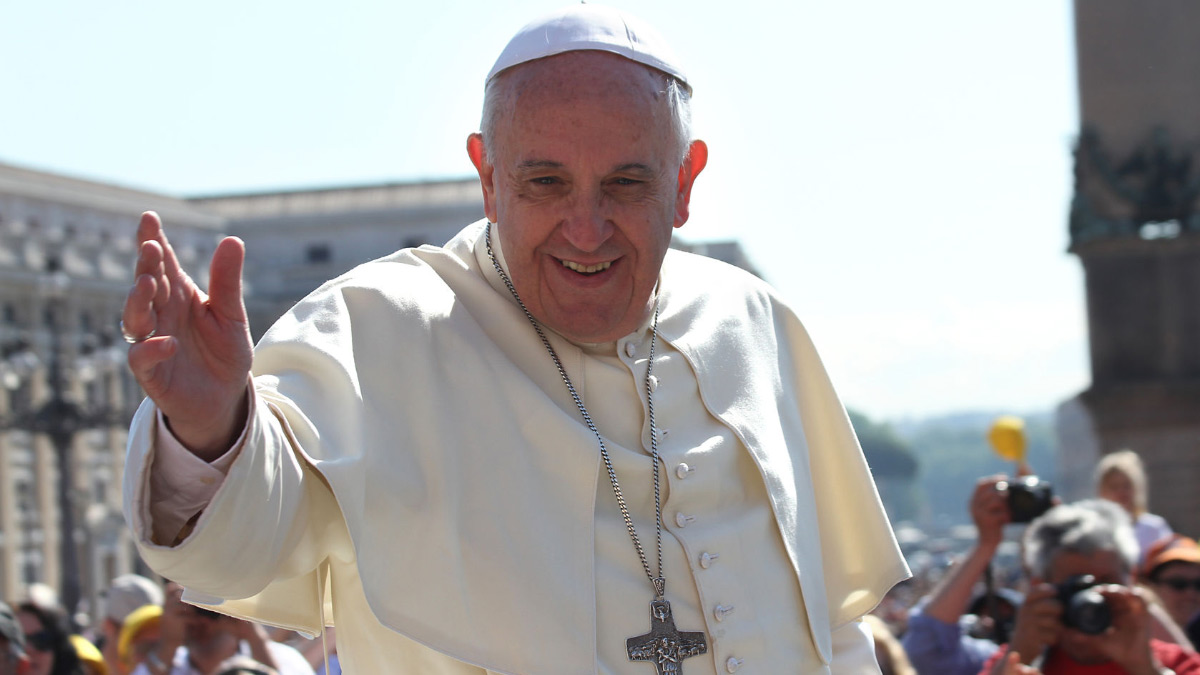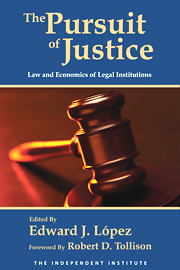Pope Francis has been quite vocal about his love for labor unions, and the Roman Catholic Church has a history of supporting workers’ right to organize, so it is perhaps no surprise that the U.S. Conference of Catholic Bishops filed a friend-of-the-court brief in favor of the union in the hotly debated Janus v. American Federation of State, County and Municipal Employees, Council 31, case over mandatory union “agency fees” now before the U.S. Supreme Court. But many Catholics oppose the decision to get involved in the case, and the pope and those in the Church supporting AFSCME in the case should reconsider their position if they truly value the welfare of all workers.
In a speech last July before Italian union representatives, Pope Francis noted that unions can serve a prophetic role and protect the rights and dignity of workers, particularly those most vulnerable. He also asserted, however, that unions must protect not only “those who are inside,” but also those who are excluded from work.
This is an interesting charge, because it calls on unions to act contrary to their interests. When a union succeeds in raising wages above what they would be in a free market (i.e., where wages are determined by productivity and supply and demand, employers are not forced to recognize a union, and unions do not enjoy a monopoly on representation and cannot force all workers to support them financially), it does not raise wages for all workers, even within a specific industry.
Raising the cost of labor leads to fewer (union) workers, as employers can no longer afford to hire as many workers at the higher rates. This leads to a larger supply of nonunion workers, and this greater competition lowers their wages. Thus, while union officials may prattle on about worker brotherhood, any benefits realized by unions over and above what would be achieved in a free market—where the scales are not tipped in their favor by the National Labor Relations Act and other laws—come not in concert with other (nonunion) workers, but, rather, at the expense of other workers.
Moreover, as Pope Francis chided in the same speech, “Unions over time have ended up resembling politicians too much, or rather political parties, their language, their style.” It is not only the style of political parties, but also the power to coerce, that they have imitated and co-opted, particularly for public-sector unions. They have oftentimes used this power to the detriment of their own members, and even society in general.
Unions have used their power and influence to significantly increase the cost of government services and union projects—even to the point of bankrupting cities like Vallejo and San Bernardino and decimating government services with unsustainable pay and pension demands (which, by the way, led to many of their own members losing their jobs in the resulting cutbacks). This diminishes the disposable incomes of taxpayers, consumers and union members alike.
They have ardently supported minimum wage hikes, which benefit a small portion of existing workers—those who are not laid off or see their hours cut as a result of the increased costs imposed on employers—while destroying job and advancement opportunities for many other low-skilled workers who now cannot compete with higher-skilled workers for those jobs (oftentimes while gaining exemptions from the minimum wage for unionized workers).
They have supported seniority (“first in, last out”) and byzantine layoff policies and other rules that make it nearly impossible to reward good performance or get rid of bad employees—not to mention tenure job protections after as little as two years for teachers in California. And they oppose alternatives that offer greater flexibility and innovation in education, such as charter schools, thereby condemning many children to an inferior education, stunting their career prospects and wealth.
They have reduced labor productivity by opposing the adoption of technological innovations that could improve productivity and reduce prices for consumers, and demanding that union labor be used to perform work that could be done by less skilled labor.
This kind of power typically leads to corruption—another evil which Pope Francis has frequently warned against, and which has often plagued organized labor, as a quick internet search of “union” and “corruption” will attest.
And, yet, despite the many ways in which they sap wealth, productivity and economic opportunity—including among the most vulnerable workers—and even fail to represent the interests of many of their own members, unions have mistakenly been held up by some interpretations of Catholic social teachings as champions of the downtrodden.
In a free society, workers who so choose should be free to form unions to negotiate wages and working conditions with employers, and employers should be free to recognize them or not. Eliminating the coercive elements of government-protected union monopolies and the forced participation of workers who do not wish to have such union representation would preserve individuals’ freedom of association while eliminating any “free rider” concerns and offering greater economic freedom and opportunity to all workers.









